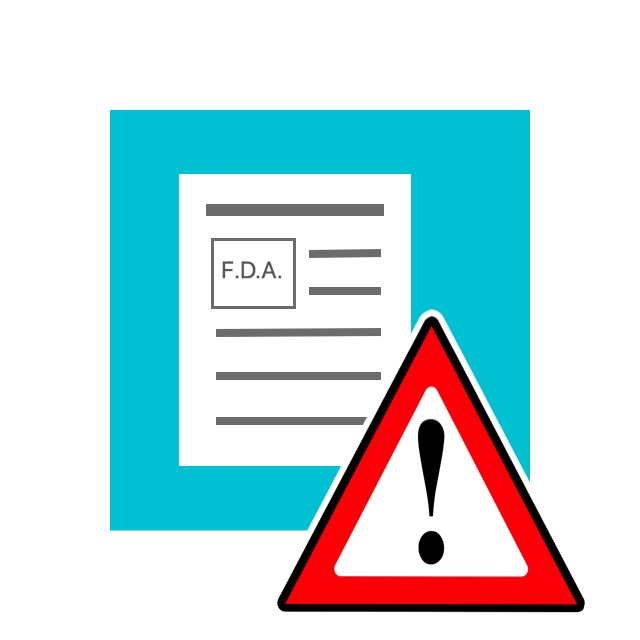
Your ticklish throat. Dr. Durga Sunitha Posina, M.D., a board-certified internal medicine physician in Stony Brook, New York, says she's seen an uptick in worried patients scheduling appointments for a sore throat,
READ ARTICLE HIDE ARTICLE
Health
Air conditioning, allergies, or spicy food can all mess with your throat.
Until there's a coronavirus vaccine, freaking out over any sign of sickness will be a pretty standard reaction, but some symptoms might not be worth stressing over. Namely? Your ticklish throat.
Dr. Durga Sunitha Posina, M.D., a board-certified internal medicine physician in Stony Brook, New York, says she's seen an uptick in worried patients scheduling appointments for a sore throat, worried it's an indication of coronavirus. But she stresses that it's more likely due to seasonal factors.
"People are more careful and hyper-vigilant than normal about their health now as COVID-19 is a respiratory illness, so if they have a sore throat they tend to panic," Dr. Posina tells Bustle. And while having a sore throat can be a symptom of coronavirus, it's not as indicative as many concerned patients seem to realize. "A sore throat is not a symptom that is specific to COVID-19," Dr. Posina says. "Given the current situation, one should always suspect and monitor for other symptoms such as fevers, cough, shortness of breath, and overall possibility of exposure to the virus," she adds.
While you should always get in touch with your doctor if you suspect you might be sick, a sore throat alone is not as ominous of a symptom as you might think. What's more, particularly during the summer, there's a lot of variables that can make your throat feel irritated that have no relation to the virus, like air quality, allergens, dehydration, and other low-key ailments.
According to the Centers for Disease Control and Prevention (CDC), if you have any coronavirus-specific symptoms along with pain or pressure in the chest, difficulty breathing, confusion, or bluish lips, you should go to your local emergency care center ASAP. But if it's a just a sore throat, and you've been practicing social distancing, wearing your mask, and don't have any contacts who've tested positive, you might want to chug some water and channel your inner zen at home.
According to Dr. Posina, during the summer, allergies are a common and non-serious cause of a sore or irritated throat, especially if you're spending a lot of time outside or with the windows open. (Since outdoors is pretty much the only safe place to be with other people right now, that's probably a yes.) Alternatively, if you're spending a lot of time inside your house — again, highly likely — your throat might be dry from your air conditioning or fans. Dr. Posina also points to acid reflux, eating spicy food, or drinking alcohol as possible irritants that don't need a doctor's attention. And if you're not getting enough water or sleep, your throat might also feel raw or uncomfortable, a temporary annoyance that can be soothed by refilling your Hydro Flask.
That said, take your health seriously. "Although sore throat is a non-specific symptom for multiple conditions, it could be the only presenting symptom with some of them," she says, meaning it might be the only symptom you notice. So try to find a balance between being cautious and monitoring your symptoms, without giving into panic. "Since the world is in the midst of a COVID-19 pandemic, it’s better to assess for other symptoms and isolate, wear face masks, and discuss symptoms with [your] health care provider," she says.
While many things that cause a sore throat are not life-threatening, some are a cause for medical intervention. If you experience any of the following, Dr. Posina suggests setting up an appointment to see your doctor:
It could be strep throat or tonsillitis, which needs antibiotics to be treated. Or, it could be a viral infection that should be monitored.
If you don't have any signs of infection, you can treat your sore throat at home. According to Dr. Posina, you can target your throat with the following supplements to support hydration and decrease inflammation.
Though most isolated summer sore throats are likely not related to coronavirus, we are in the middle of a pandemic. If you're experiencing multiple symptoms or might have been exposed, take your sore throat seriously. "Symptoms due to COVID-19 can be mild to very severe depending on the individual," Dr. Posina says, explaining that some people are much more obviously sick than others, while some are totally asymptomatic. Per the CDC, so long as you are not having emergency symptoms, the best plan of action is to isolate yourself at home, and stay in touch with your doctor. Call or set up a virtual visit to ensure that your doctor is aware of your symptoms and can monitor you from afar, if you do not need immediate medical attention.
Check your temperature regularly, stay hydrated, and get some rest. Chances are, that sore throat is more annoying than it is scary.
Expert:
Dr. Durga Sunitha Posina, M.D
Learn More from Bustle





